Surfing began as a pastime of the Polynesians, with the roots of the sport lying deep within the culture and spiritual beliefs on Polynesian islands.
Since then, surfing has become a popular phenomenon all over the world, enjoyed by professional sportsmen and hobbyists alike.
From Hawaii to the UK, surfing is enjoyed all over the world every day, and every day new people decide they want to try their hand at catching some waves! At Surfing Croyde Bay when offering Croyde surf lessons we often get asked – can you teach yourself to surf or should you get surf lessons?
So, this article answers the question!
To truly weigh up whether or not you should try and teach yourself to surf, let’s first take a look at some of the reasons why people decide to learn to surf.
Once you have decided that you want to try your hand at surfing, you may be wondering if it is possible to save yourself the expense of lessons and teach yourself. There are a number of factors that will dictate how easy it may be for you to efficiently teach yourself how to surf, including your fitness level and age.
The first and most important thing you should consider when deciding whether to teach yourself how to surf is the potential risks. Don’t go out on the water by yourself without knowing how the tides work at that location and if there are any dangerous rocks, riptides and animals to beware of. You can usually find out this information by talking to other surfers in the area.
To teach yourself to surf, it is also important that you find a beach suitable for beginner surfers. Not all beaches are equal when it comes to surfing; some offer far taller and more aggressive waves than others. An ideal beginner’s beach will have waves of around one or two feet high. Choosing a beach with smaller waves will also prevent you from getting in the way of more advanced surfers.
Lastly, you will need to understand surfing etiquette, ensuring you respect other surfers and swimmers enjoying the same beach. This includes, not riding a wave that another surfer is already riding, not getting in the way of fellow surfers, and not letting go of your board!
Remember, although there are a number of professional surfers who claim to be self-taught, they didn’t get where they are today without having any lessons!
Pros:
Cons:

Surfing Croyde Bay, Baggy Lodge, Moor Lane, Croyde, EX33 1PA
© 2025 All Rights Reserved.